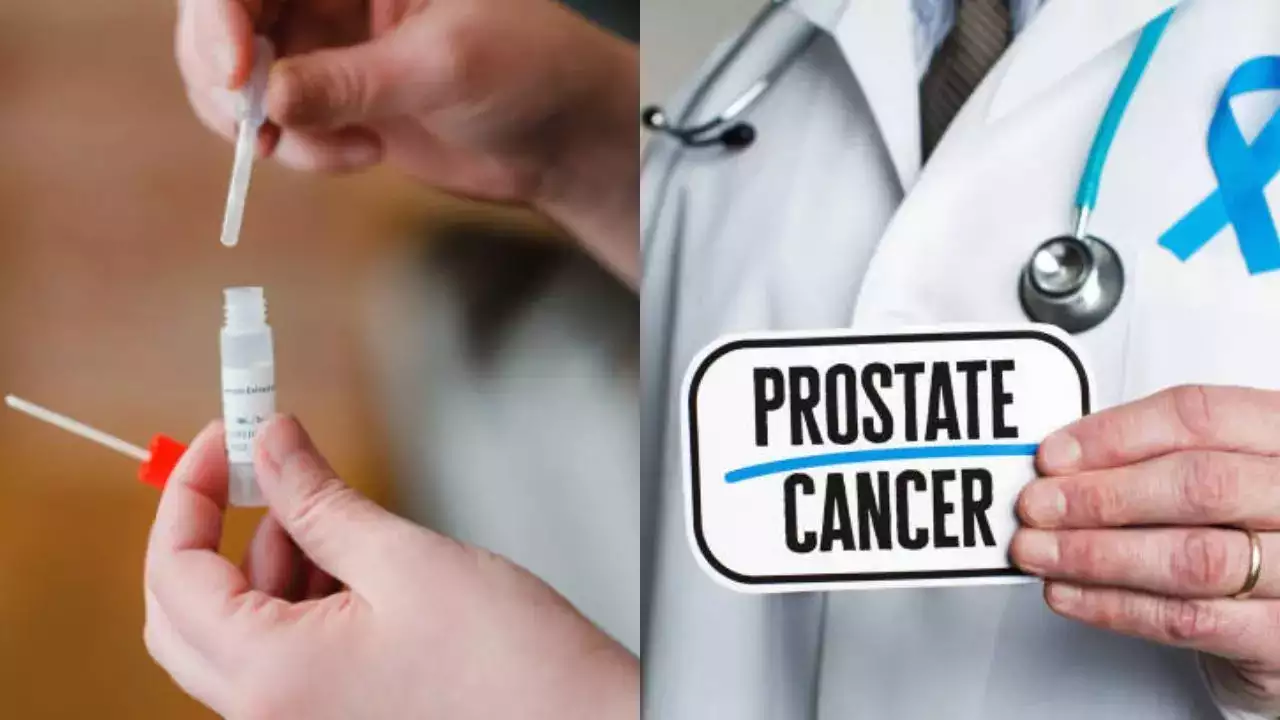
Saliva test can help find out the chances of prostate cancer more accurately than blood tests
As prostate cancer cases even among youngsters are increasing, a new at-home saliva test to help identify high-risk patients is here. According to experts, this can help find out the chances of prostate cancer more accurately than blood test leading to earlier diagnosis and more successful treatment.
Prostate cancer is the second most common form of cancer among men; it develops in a small gland in the male reproductive system that produces fluid for semen. While it is often a slow-growing cancer, it can sometimes also spread quickly and become serious.
As of now, there are no standard screenings for prostate cancer, and the doctor would just draw blood for a prostate-specific antigen test or PSA or perform a rectal exam. Both of these screenings need follow-ups before a proper diagnosis can be made.
Experts say the PSA blood tests, which measure the level of a specific molecule produced by the prostate, only indicate an issue in the gland but not necessarily prostate cancer. On the other hand, saliva tests analyse your DNA to look for a range of small genetic changes that are linked to prostate cancer.
What do the trials say about at-home saliva tests?
According to doctors, trials show that the at-home saliva test is an effective approach, and men who are categorised as high-risk because of these changes are more likely to have prostate cancer than men with elevated PSA levels.
“Right now, there’s no reliable method to detect aggressive prostate cancer, but this study brings us a step closer to finding the disease sooner in those people who need treatment,” Naser Turabi, director of Evidence and Implementation Cancer Research UK, told The Post.
“It’s encouraging to see that genetic testing might help to guide a more targeted approach to screening based on someone’s risk of developing prostate cancer. More research is now needed to confirm if this tool can save lives from the disease so that it can be rolled out to improve diagnosis,” he added.
Also, apart from early detection and treatment of prostate cancer, experts are also hopeful the saliva test will eliminate unnecessary medical intervention in low-risk patients. PSA tests do not differentiate between aggressive or nonaggressive tumours, causing many men to be diagnosed with cancers that would not hurt them in the long run or be referred for unnecessary MRI scans, invasive biopsies, and other treatments.
How common is prostate cancer?
According to experts, prostate cancer is extremely common—second only to skin cancer affecting males. The US Centres for Disease Control and Prevention say for every 100 males, 13 will develop prostate cancer at some point in their lives. Most will live normal lives and eventually die from causes unrelated to prostate cancer.
Still, approximately 2 per cent of people die from prostate cancer each year.
Signs and symptoms of prostate cancer
Early-stage prostate cancer rarely causes symptoms; however, a few signs you may notice include:
- Frequent, sometimes urgent, need to pee, especially at night
- Weak urine flow or flow that starts and stops
- Pain or burning when you pee
- Loss of bladder control
- Loss of bowel control
- Painful ejaculation and erectile dysfunction
- Blood in semen
- Pain in your lower back, hip, or chest
Get Latest News Live on Times Now along with Breaking News and Top Headlines from Health and around the world.


